How Change Has Changed
The human experience has always included change—social, technological, environmental, political, etc., but the nature of change itself has changed. In fact, there has been greater change in the last 25 years than in the last 5,000 years. Innovations such as the internet, smartphones, artificial intelligence, and social media have transformed everyday life and communication, as well as relationships, organizational culture, employment, global politics, the economy, the environment, and other domains. The shift from linear, discreet change to exponential, synergistic change has altered the effect of change on people and institutions, sometimes exceeding our capacity to adapt. Although change has always been a source of some dissonance for humans, the rapidity, complexity, unpredictability, and broadly external/imposed nature of change today has become both structurally and psychologically destabilizing. In short, our relationship with change has also been radically altered in the last 25 years, and in the process, we have been changed as well.
Everyone is affected by this change in change and leaders in particular must navigate their own, personal challenges with change, while ensuring that they address the destabilizing effect of change in their organizations. Click the button below to see our newest proprietary white paper on change and how you can actually use it to your advantage.
